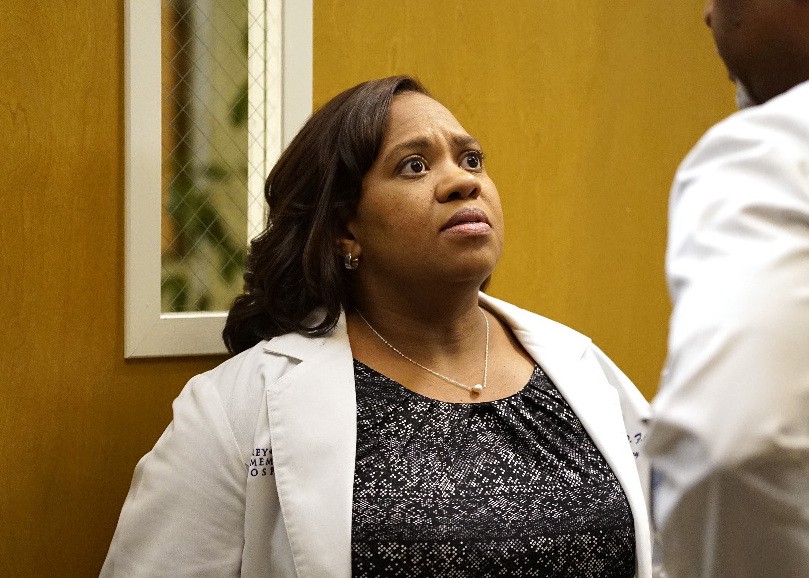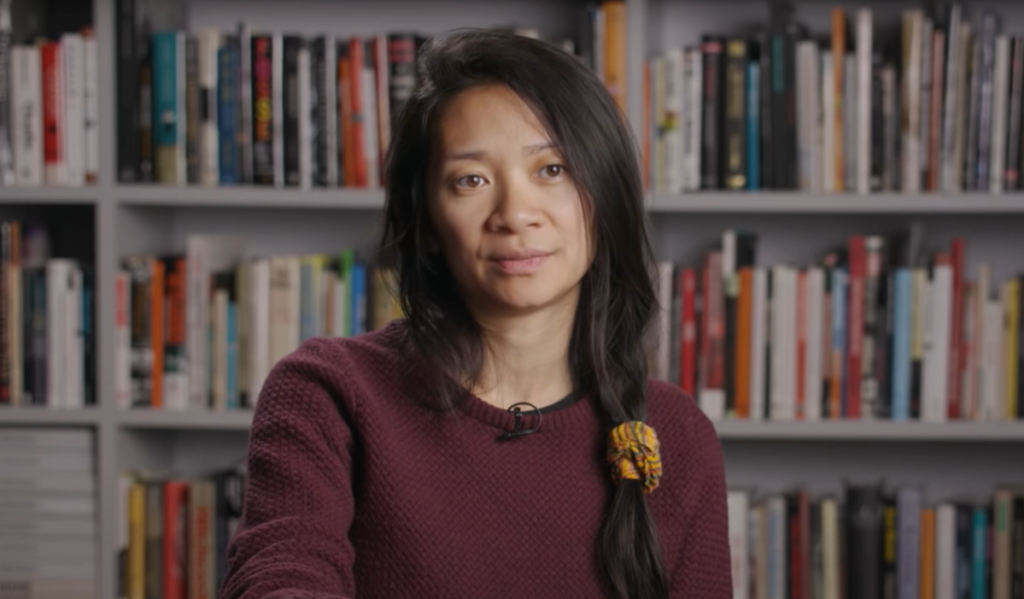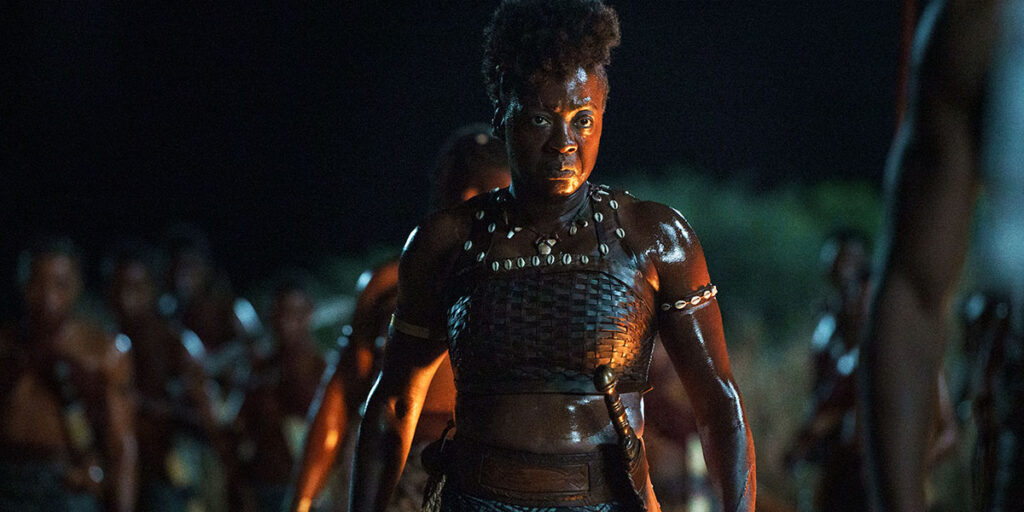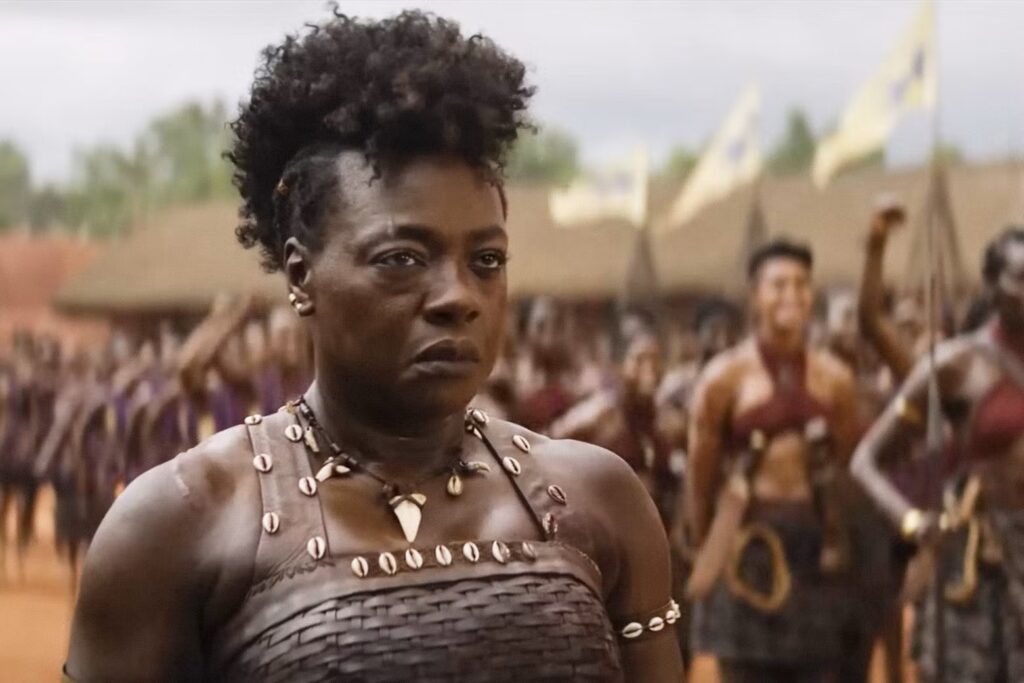So much for television being a haven for women. A report from Deadline finds that “Las Reinas,” starring Sonia Braga, is the only drama project helmed by a woman this pilot season. Liz Friedlander is helming the episode. All of the other 40 drama pilots will be directed by men. As Deadline notes, “this could be an all-time low.”
Despite the increased awareness about gender inequality and the lack of inclusivity in Hollywood, the number of women directors in pilot season have been steadily dipping. “In 2015, there were four female drama pilot directors, two of them women of color: Ava DuVernay (CBS’ ‘For Justice’), Sanaa Hamri (Fox’s ‘Studio City’), Coky Giedroyc (ABC’s ‘Broad Squad’), and Julie Anne Robinson (ABC’s ‘The Catch,’ which she had developed),” Deadline summarizes.
In 2016, “two of 40-plus drama pilots went for female directors, one via an open assignment, Jennifer Getzinger (NBC’s ‘Miranda’s Rights’). Friedlander directed the pilot for ABC’s ‘Conviction,’ which she co-created and had been attached to direct from the get-go.”
Although women directors have historically made more inroads in the comedy world, their numbers this pilot season have also dipped. In 2016, nine comedy pilots were directed by eight different women, including a few making their pilot debuts. This season five pilots are set to be directed by three women: Pam Fryman will helm CBS’ “9K, 9K AND 9L,” “Real Life,” and “Distefano”; Beth McCarthy Miller will direct Fox’s “Amy’s Brother”; and Julie Ann Robinson will direct ABC’s “Losing It.” McCarthy Miller is also in negotiations to direct another ABC pilot, but nothing is official yet.
While still unacceptable, the decreased number of women directing comedy pilots is a bit more understandable since the “comedy pilot tally is down by 25 percent” from last year.
As bad as things are for women directors in general, women directors of color are especially underrepresented. For the second year in a row, there are no women of color helming broadcast drama or comedy pilots. So while a source told Deadline that the industry tried to “think outside of the white male box,” this attempt was either half-assed or a complete failure. We’re guessing it’s the former.
Deadline notes that this is the first pilot season in years without any women making their broadcast pilot directorial debuts. The source describes Friedlander as “seasoned.” She has previously directed the 2006 feature “Take the Lead” and four broadcast pilots that eventually went to series.
As mentioned, broadcast networks and studios apparently did push for more women and people of color in the directing ranks. Deadline writes that “there were lists compiled of female candidates to direct drama pilots.” Only Friedlander made the cut due to the “high standards the networks and studios have set for level of accomplishments required to land a pilot-directing gig.” Further, many experienced women directors — including Susanne Bier (“The Night Manager”), Elizabeth Banks, and Kathryn Bigelow — passed on projects.
While this reasoning sounds a little too pat for us, Deadline maintains that “the problem is three-fold”:
- There are not enough well-established female directors — in features or drama series — who would be getting straight pilot offers
- There are not that many female episodic drama directors who have enough experience to land open pilot-directing assignments
- There is not strong enough will on the part of the networks to give such helmers assignments
And even though there are organized efforts to increase the number of women directing television — like Ryan Murphy’s pledge to hire 50 percent female directors on his shows and Shondaland’s willingness to take a chance on less-experienced women directors — “the open pilot assignments for which [women directors] can compete are shrinking.” As Deadline writes, many projects are pitched with big-name directors in mind or are assigned a director with a studio deal.
Last May, a study from the Directors Guild of America (DGA) found that “women directed 17.1 percent of television episodes during the 2015–16 season, an improvement from 2014–15’s 15.8 percent.” “Given the increased attention and awareness of how severely women directors are underrepresented,” we wrote, “an increase of 1.3 percent feels rather underwhelming — even discouraging.” The same study revealed that only 18.5 percent of episodes in the 2015–16 season were helmed by minorities, an extremely slight increase form 2014–15’s 17.7 percent.
Another report from the DGA concluded that only 19 percent of all first-time episodic directors from the 2009–10 season to the 2015–16 season were women. Just 14 percent of all first-timers were people of color.
Combine these numbers with Deadline’s report and one thing’s for sure: Those ReFrame stamps can’t be implemented soon enough. There are systemic issues and extenuating circumstances that limit women and people of color’s roles behind-the-scenes during pilot season, sure. But it’s ridiculous that with all the increased attention, network programs, and number of talented non-white men directing that the 2017 pilot season has this problem. If your first list of inclusive hires doesn’t pan out, make a new one. Give directors with all levels of experience a chance. And stop saying you’re trying when you obviously are not.







